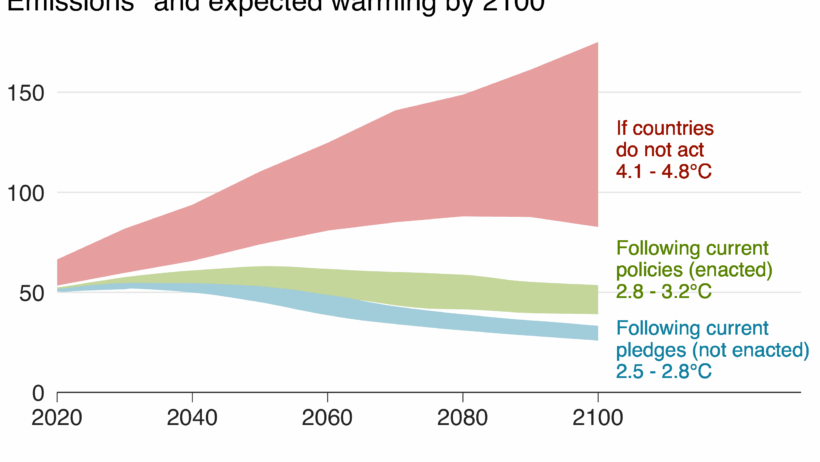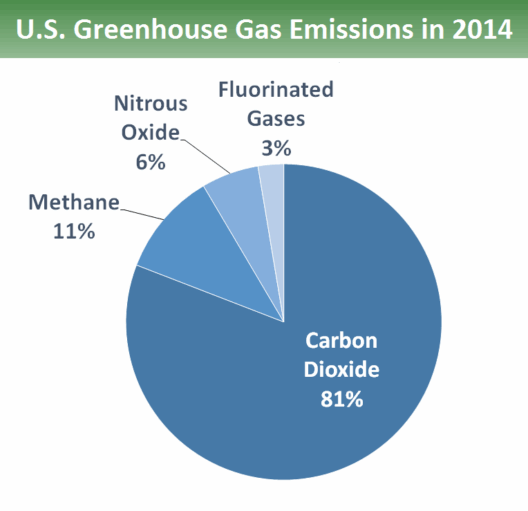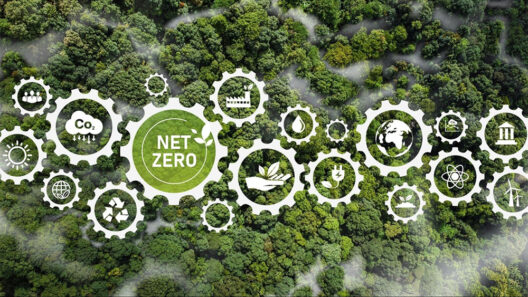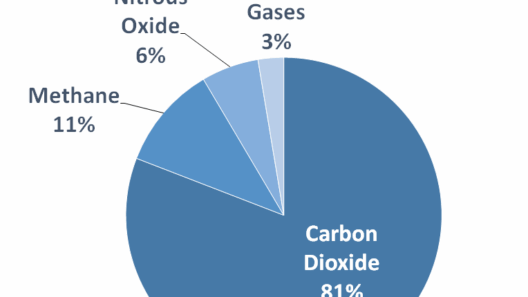Global warming has transcended the realm of scientific discourse to become one of the most pressing social justice issues of our time. While the climate crisis is often perceived through a purely environmental lens, it bears substantial implications for equity and justice. The interplay between environmental degradation and social inequality elucidates a multi-faceted dilemma where marginalized communities disproportionately suffer from the consequences of climate change.
To begin with, the phenomenon of global warming is fundamentally linked to anthropogenic activities, namely the emission of greenhouse gases (GHGs) caused by industrialization, deforestation, and fossil fuel consumption. The Earth’s atmosphere has become a veritable repository of carbon dioxide, methane, and nitrous oxide, leading to an increase in average global temperatures. As temperatures rise, polar ice caps recede, sea levels rise, and extreme weather events become more frequent and severe. These climatic alterations do not affect all populations equally; rather, they exacerbate pre-existing inequalities, highlighting an undeniable intersection of environmental and social justice issues.
Marginalized communities, including low-income households, indigenous populations, and people of color, often reside in vulnerable areas that are at higher risk of experiencing the adverse effects of climate change. These communities frequently lack the financial resources, political voice, and institutional support necessary to adapt to climate impacts. For example, urban neighborhoods predominantly occupied by these groups are more likely to experience flooding, heatwaves, and air pollution, leading to health disparities and economic instability. Therefore, the effects of global warming act not only as environmental stressors but also as catalysts that perpetuate systemic inequities.
Furthermore, the socio-economic ramifications of climate change are profound. Natural disasters exacerbated by climate change often lead to displacement, forcing families out of their homes and into precarious living situations. The displaced populations face an uphill struggle as they seek to reclaim their sense of stability, often finding themselves at the mercy of inadequate social support systems. The concept of ‘climate refugees’ has emerged, acknowledging that millions of people may be forced to migrate due to the impacts of climate change. This migration does not occur in a vacuum; it triggers sociopolitical tensions, economic strain, and further marginalization of displaced individuals, often leading to xenophobia and conflicts over resources.
In addition, the global economy operates under systems that privilege wealth accumulation and resource exploitation, often at the expense of the environment. Fossil fuel industries, for instance, have historically targeted marginalized communities for the placement of hazardous waste facilities, leading to detrimental health outcomes. The siting of such facilities in regions occupied by disenfranchised populations is emblematic of environmental racism, where systemic inequities manifest as environmental degradation. This inequitable distribution of environmental hazards not only highlights the challenge of global warming but also reveals the mechanisms through which power and privilege shape environmental outcomes.
Moreover, the pursuit of a “green economy” can inadvertently perpetuate existing inequalities if not approached with a lens of social justice. As society shifts towards sustainable practices, from renewable energy sources to electric vehicles, the benefits should be equitably distributed. Transitioning to a green economy requires addressing the needs and voices of traditionally marginalized communities, ensuring they are not left behind in a rapid transition that prioritizes economic shifts over social inclusivity. Such a transition presents a unique opportunity to rectify historical injustices, yet it risks reproducing inequity if equity considerations are not at the forefront of climate action.
The moral imperatives surrounding climate change demand that advocates for environmental justice recognize the interwoven nature of ecological sustainability and social equity. The importance of grassroots activism cannot be overstated. Social movements have increasingly begun to intertwine environmental advocacy with the fight for racial, economic, and social justice. These movements underscore the necessity of elevating the voices of those most affected by climate change, thereby ensuring that policies enacted at local, national, and global levels are inclusive and representative. The recognition that “we are all in this together” is vital; however, it must be tempered by an acknowledgment of historic injustices and the need for reparative measures.
In light of these observations, it is imperative to foster a dialogue around global warming that integrates social justice frameworks. Policymakers must prioritize community-led initiatives, invest in resilient infrastructure in vulnerable areas, and ensure equitable access to resources. Furthermore, education plays a critical role in shaping public perception and mobilizing collective action. By centering education on the intersections of climate change and social justice, we can cultivate a more informed citizenry capable of advocating for just climate policies.
In conclusion, global warming cannot merely be viewed as an environmental issue isolated from social considerations. It epitomizes a profound concern for social justice, wherein the most vulnerable populations bear the brunt of ecological degradation. A holistic approach to addressing global warming must intertwine environmental stewardship with social equity, recognizing that a sustainable future necessitates justice for all. As society grapples with this monumental challenge, the commitment to advancing social justice must remain steadfast, ensuring that no community is left behind in the quest for a sustainable and equitable world.





